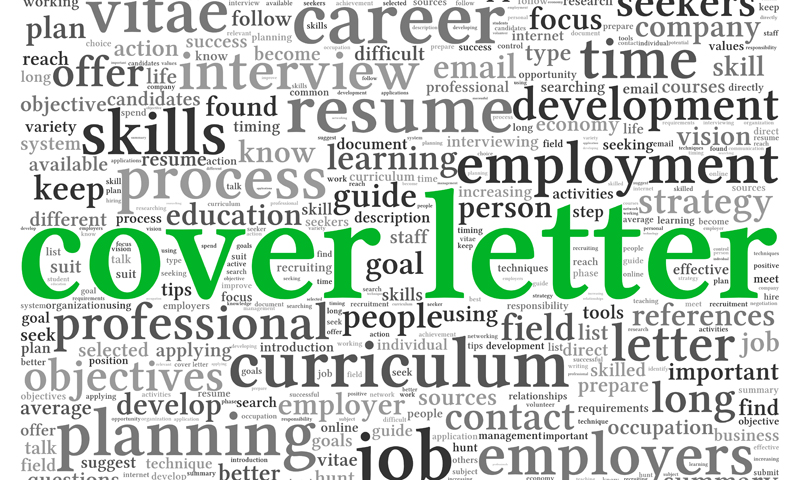
This is not always possible, of course. Accordingly, this article will provide a general guide for attorneys on how to construct a winning cover letter. Even where a candidate has retained a top notch recruiter - such as at BCG - it is to the candidate's advantage to have at least a general understanding of such letters. The letter or at least its content is likely to come up in interviews. Moreover, the best cover letters are not the ones that are written entirely by top tier recruiters. The best cover letters are written by top tier recruiters with substantial input from the candidate. Even the most practiced and brilliant recruiter does not possess the deep insight and knowledge that the candidate has regarding their own practice, experience, goals, reasons for looking, etc.





